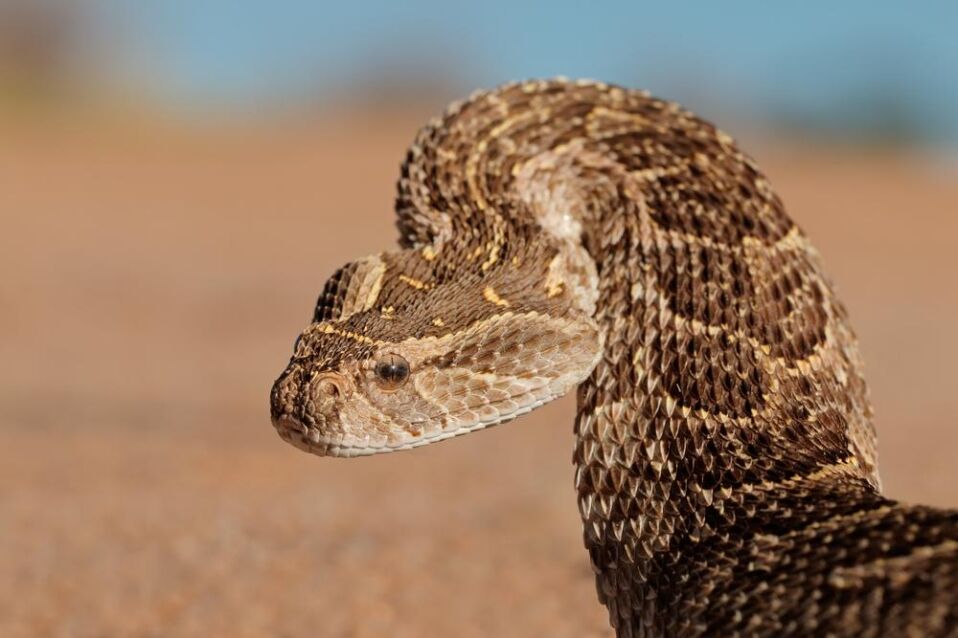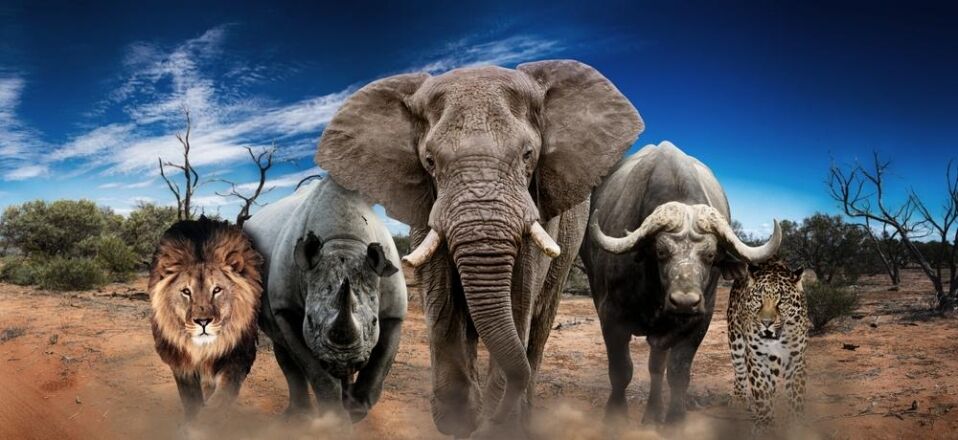
South Africa is a safe destination for your African hunting safari. Your African outfitter will typically collect you directly from the airport or at your choice hotel or guest house. As they collect you and are knowledgeable about the local communities, you should be safe. You are collected and usually head straight to your hunting safari destination.
Basic travel safety rules apply: Don’t go anywhere on your own, don’t go out at night, especially on your own.
So you’re off on an African hunting safari and just in need of some good old-fashioned advice on what to pack in terms of medical equipment? The old saying “rather safe than sorry” comes to mind here: Don’t take any risks and think of consequences!
Meet with your doctor prior to departure!
When traveling on your African hunting trip, the Centre for Disease Control (CDC) recommends that all routine vaccinations be current with nothing outstanding.
See https://wwwnc.cdc.gov/travel/ for confirmation of all vaccinations for completion as part of a traveler’s routine inoculation schedule.
Traveling to and in South Africa
The CDC recommends the following vaccinations when traveling to South Africa:
See https://wwwnc.cdc.gov/travel/destinations/traveler/none/south-africa for further information.
Although you don’t want to be overstocked with medication while on your game hunting safari, certain medications are suggested to be included in your packing list.
Your African outfitter’s strategy may involve hunting in a remote area, several hours from any doctors or medical assistance. By having access to antibiotics should you start feeling ill, you may not only save your game hunting experience but also be in the position to start treatment earlier and without having to consult a doctor who may be many miles away.
Some suggested medications to include when packing for your game hunting adventures:
Take Note:
Your medication needs to be packed in its original packaging and bottle, with the label intact and the prescription attached;
Do not take large amounts of medication with you, rather only carry what you will require during the game hunting period;
Keep your medication in your hand luggage when traveling;
Ensure that all prescriptions are valid;
When booking your African hunting safari, ensure that you book through a trustworthy and dependable broker. Please do your research and ensure that they are, in fact, reputable! Don’t book travel to areas with unrest or known terrorist activity, and ensure that when you book your travel insurance, that it includes extraction from dangerous regions or situations.
Before departure, watch the US State Department’s website: (https://travel.state.gov/content/travel/en/traveladvisories/traveladvisories.html/) for updated travel information and warnings.
As a hunting safari destination, Mozambique is quite safe. Although some regions are best not traveled to or within, your local African outfitter will know and avoid them. Basic travel safety applies again with not traveling alone, or at night, and visiting isolated areas.

In a nutshell, Africa comprises wild, rugged terrain and bush. The continent is alive with animals, both big and small including snakes, bugs, and insects. While you may not be keen to be up close and personal with some of these during your African hunting trip, the chances of that are low and I would not lose sleep over this.
The likelihood of encountering a snake while on your game hunting safari, which would usually fall in the winter months of June-August in the southern hemisphere, is not very high at all.
During the hunting safari, your professional hunter and the tracker will be out and on high alert for any wildlife, and secondly, with all the movement in the area, the snake will have enough warning to slither away.
Keep an eye out where you walk and you should be fine. If you do come across a snake, stand dead still and let your professional hunter or tracker(s) deal with the situation. Although snakes cannot hear, they do sense vibrations.
With most game hunting seasons falling within June, July, and August which are the winter months in the southern hemisphere, the probability of bugs, bees and wasps is much lower than one would expect in the hotter weather of the summer season.
Although there is less chance of many bugs or mosquitoes over the winter months, it is however always wise to bring and carry bug spray or repellent should it become necessary. It is also advisable to carry a good antihistamine in case you are bitten or stung. If you know you are at risk of an allergic reaction you may also consider bringing an epipen along.. Ask your African hunting outfitter whether you will be entering a malaria area during the hunt, as you will need to take malaria medication as directed over this time.

Search from our range of Hunts across various popular destinations in Africa.
Find A Hunt